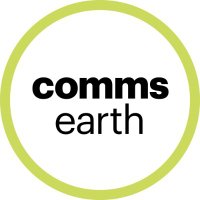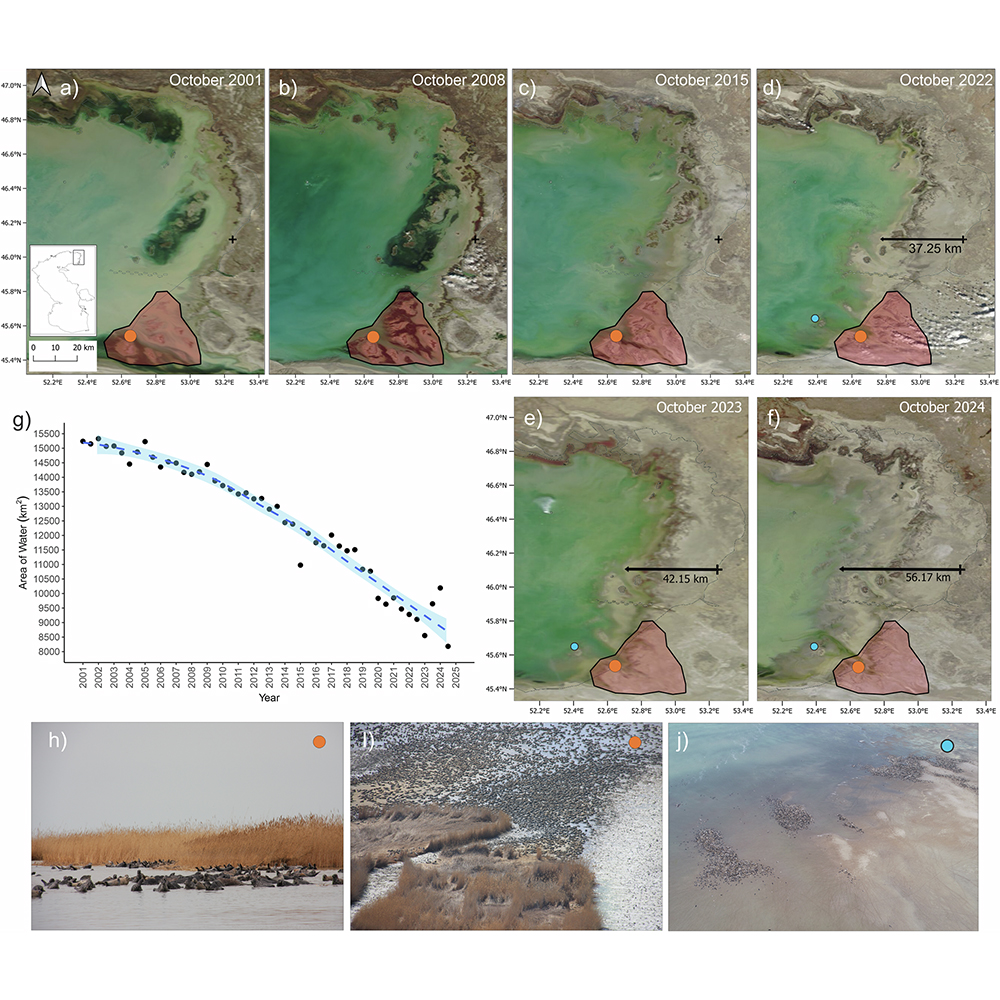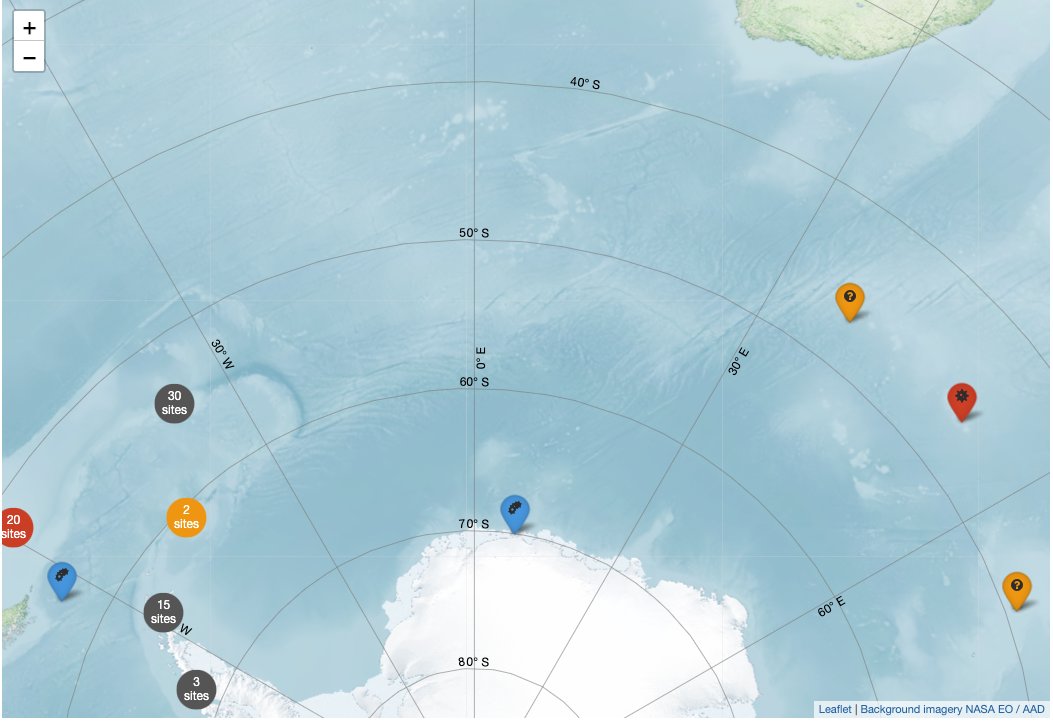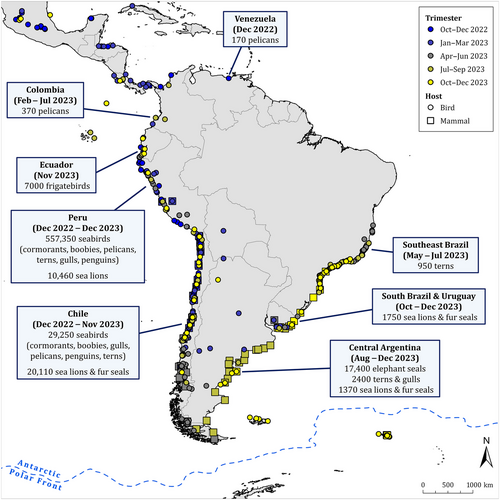
Simon Goodman
@drsimon_goodman
Biologist interested in evolutionary genomics, eDNA, parasites, disease ecology & marine mammal conservation. Member of IUCN Pinniped specialist group.
ID: 1732970930
http://www.goodmanlab.org 05-09-2013 20:05:10
2,2K Tweet
1,1K Followers
1,1K Following

The Audubon Society Bird Migration Explorer is your guide to the heroic journeys made by over 450 bird species, and the challenges they face along the way. 🐦 🔸Explore the map: explorer.audubon.org/home




📣New International Science Partnerships Fund #ISPF newsletter👉bit.ly/ISPF-Dec24-News Some great opportunities for early to mid-career researchers to form partnerships with organisations in low & middle-income countries via The British Academy Global Innovation Fellowships🤝🌍🏛️


Is your reaction to this picture “That’s cool!” or “Ew, that’s disgusting!”? Our new review argues that understanding perceptions of parasites and other human dimensions are key to improving conservation outcomes for parasites doi.org/10.1111/cobi.1… @ScienceLeeds Conservation Biology


We are VERY pleased to announce the publication of our latest paper on the use of environmental DNA-derived co-occurrence networks to infer ecological interactions, which can be downloaded (as early view) from onlinelibrary.wiley.com/doi/10.1111/me… Fantastic work by Dr Elizabeth Boyse et al!

New #referencegenome! 🐐 In the #interview on our website, elenabuzan & Boštjan Pokorny share insights on the Alpine #chamois, its significance to local communities, the applications of a new reference genome, and more! 👇 🔗biodiversitygenomics.eu/2025/03/07/the… European Research Executive Agency European Reference Genome Atlas




Exploration of the past 6,000 years of Adélie penguin ecology in the Ross Sea highlights past population dynamics and diets, offering insights into biodiversity changes in this marine ecosystem. The researchers take you behind their Nature Communications paper. go.nature.com/3YtC8J7

Water level declines of 5−10m in the Caspian Sea will threaten ecosystem integrity, compromise human infrastructure, and reduce marine protected area coverage by 94%, according to a study in Communications Earth & Environment. go.nature.com/4ijMfY2










